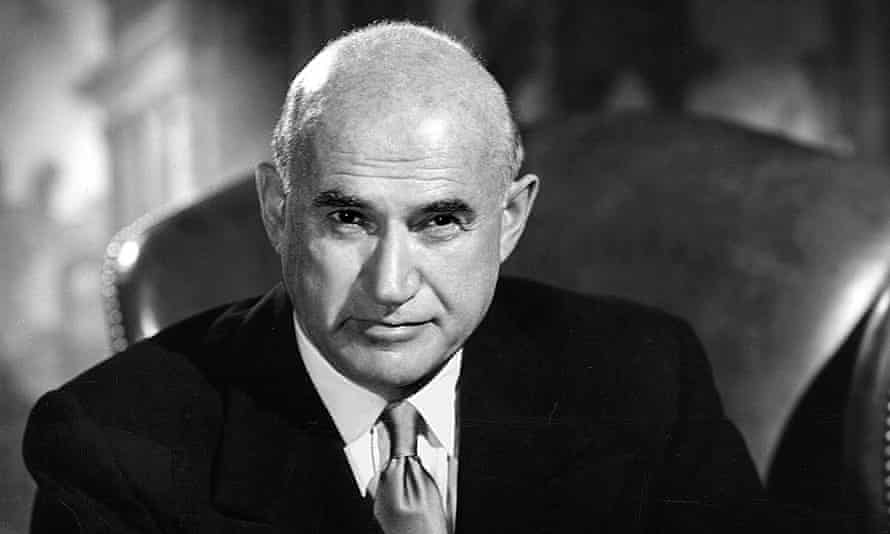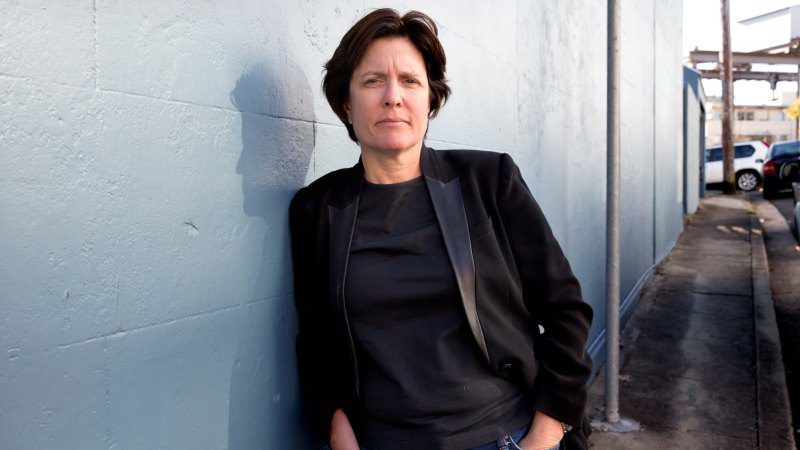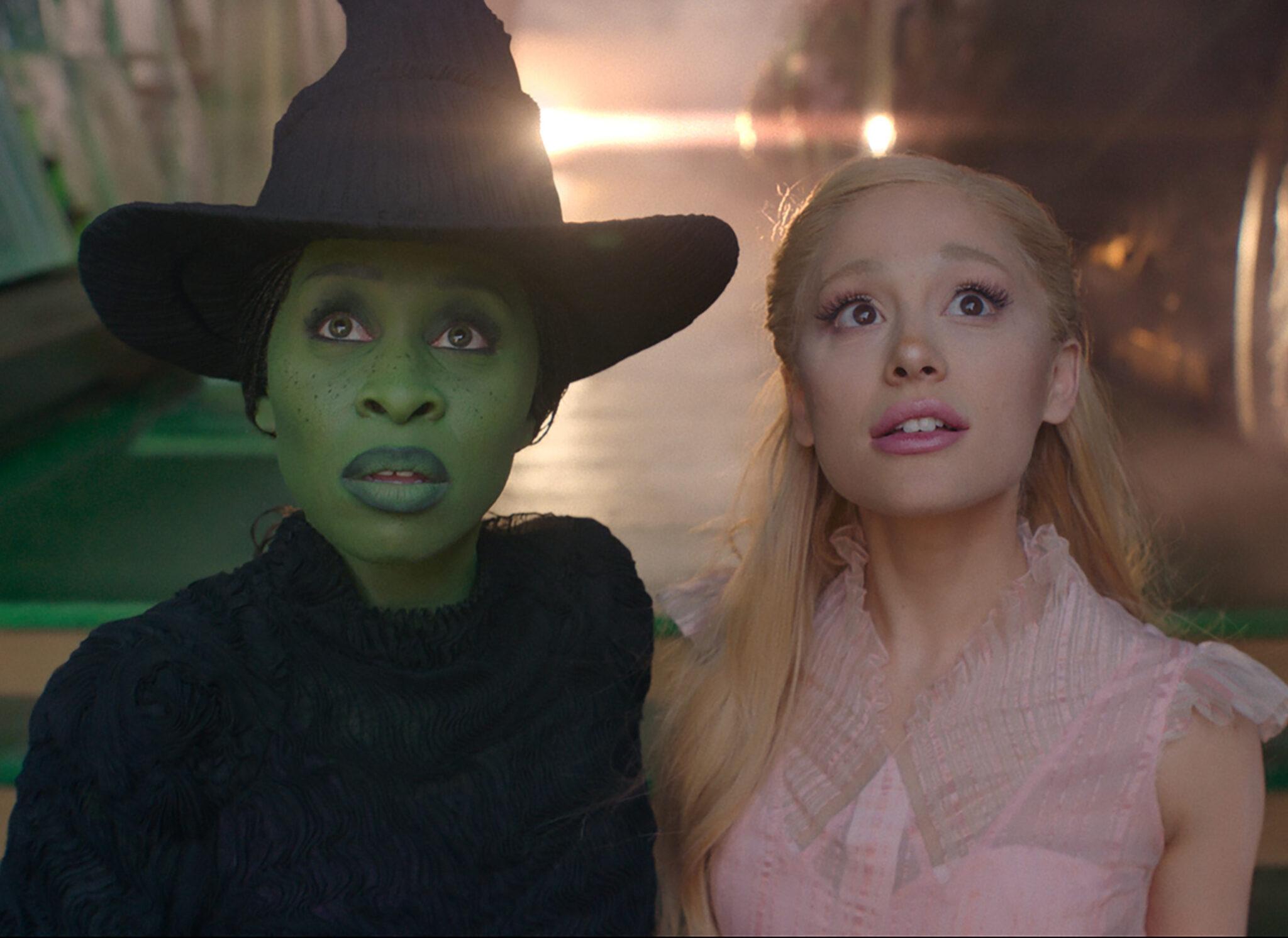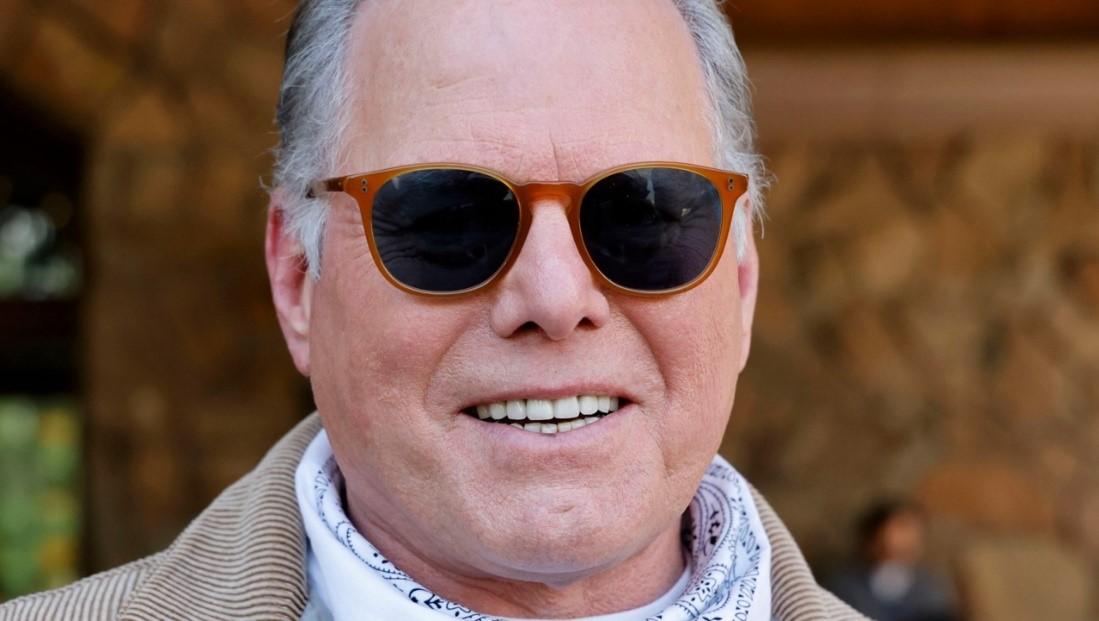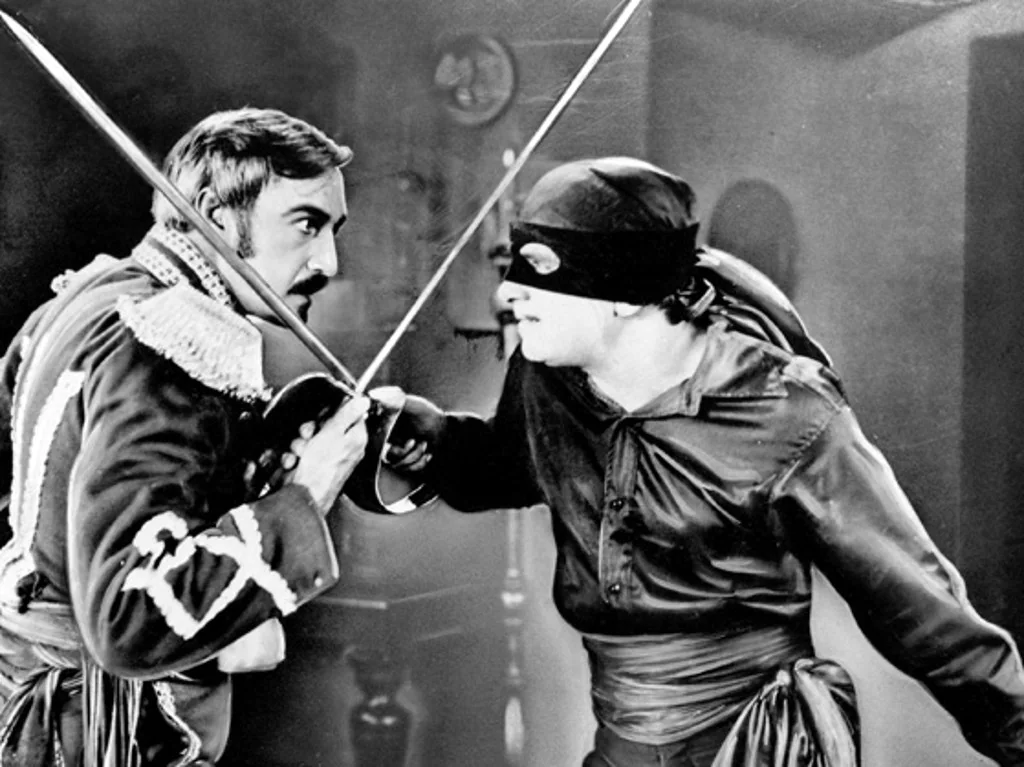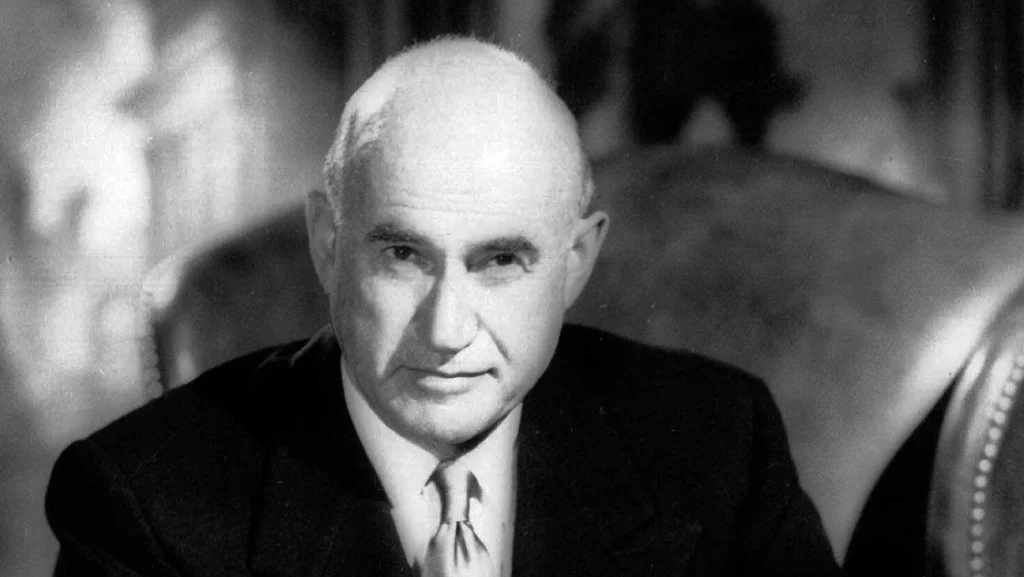Most of the pioneers who started the film business about 120 years ago are unfamiliar names today. Samuel Goldwyn is an exception — but for the wrong reason.
People recognize Goldwyn as Metro-Goldwyn-Mayer’s middle name, but don’t realize he was never part of MGM. Actually, Goldwyn wasn’t even the legendary producer’s birth name, and August 27, 1882, wasn’t really his birthday — although he always said it was. No one knows the real date, but it’s agreed he was born in Warsaw and anglicized his name to Samuel Goldfish. In 1913, as a successful New York glove salesman, he became interested in making movies. With difficulty, Sam convinced his then-brother-in-law, Jesse Lasky, that there was big money in films. They began by producing the first feature film ever made in Hollywood, The Squaw Man. Sam stayed in New York to sell the distribution rights.
From the start, Sam was a difficult partner no matter whom he partnered with. He enjoyed fighting just for the sake of fighting — even with people who agreed with him. This led to big problems when Lasky merged with Adolph Zukor’s Famous Players. Zukor was president of both FP-L and its distribution arm. Goldfish was chairman of FP-L, which later adopted its distributor’s name — Paramount Pictures.
By August 1916, Zukor and Goldwyn’s relationship had deteriorated so badly that Zukor gave Lasky an ultimatum — either Goldfish goes or Zukor goes. In September, Goldfish was voted out and sold his shares for $900,000. Two months later, Sam had new partners — Broadway producers Edgar and Archibald Selwyn, and a new company called Goldwyn Pictures. A joke at the time had it that the other combination of their names would have been Selfish Pictures. By December 1918, Sam had legally changed his own name to Goldwyn.
Sam’s Goldwyn Pictures presidency ended in September 1920 when he lost a vote of confidence in a dispute with chairman Joe Godsol, who originally put together the company that now boasted a unique lion’s head logo and a large Culver City, Calif. studio.
When Goldwyn Pictures was acquired in April 1924 by theatre magnate Marcus Loew and merged with Loew’s Metro Pictures and Louis B. Mayer’s small production company to form MGM, Sam had been out of Goldwyn Pictures for about four years. His future wasn’t as a studio executive but as a producer of memorable movies, including The Best Years of Our Lives, which won Best Picture and seven other Oscars in 1947, and the classic 1955 musical Guys and Dolls.


